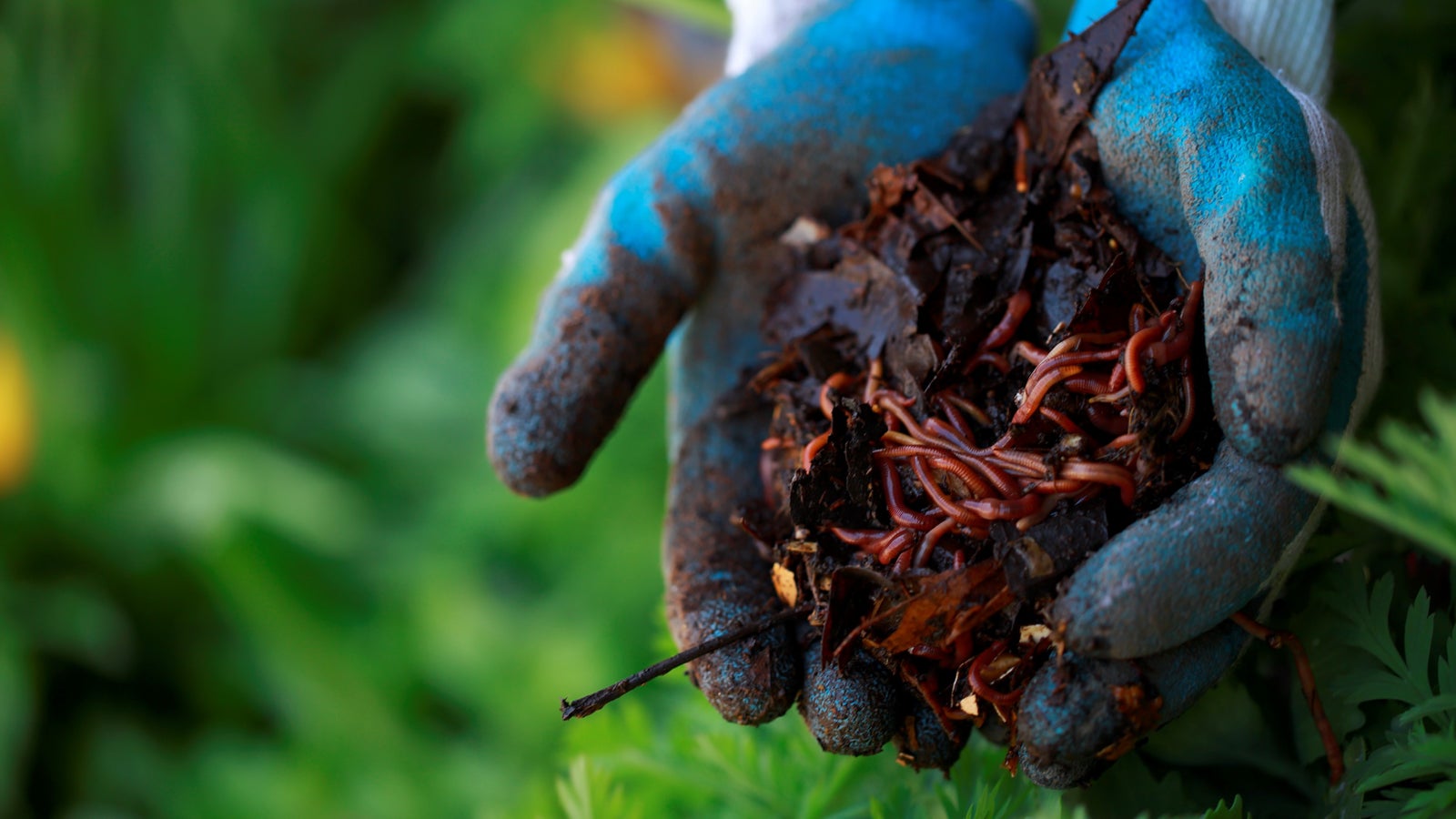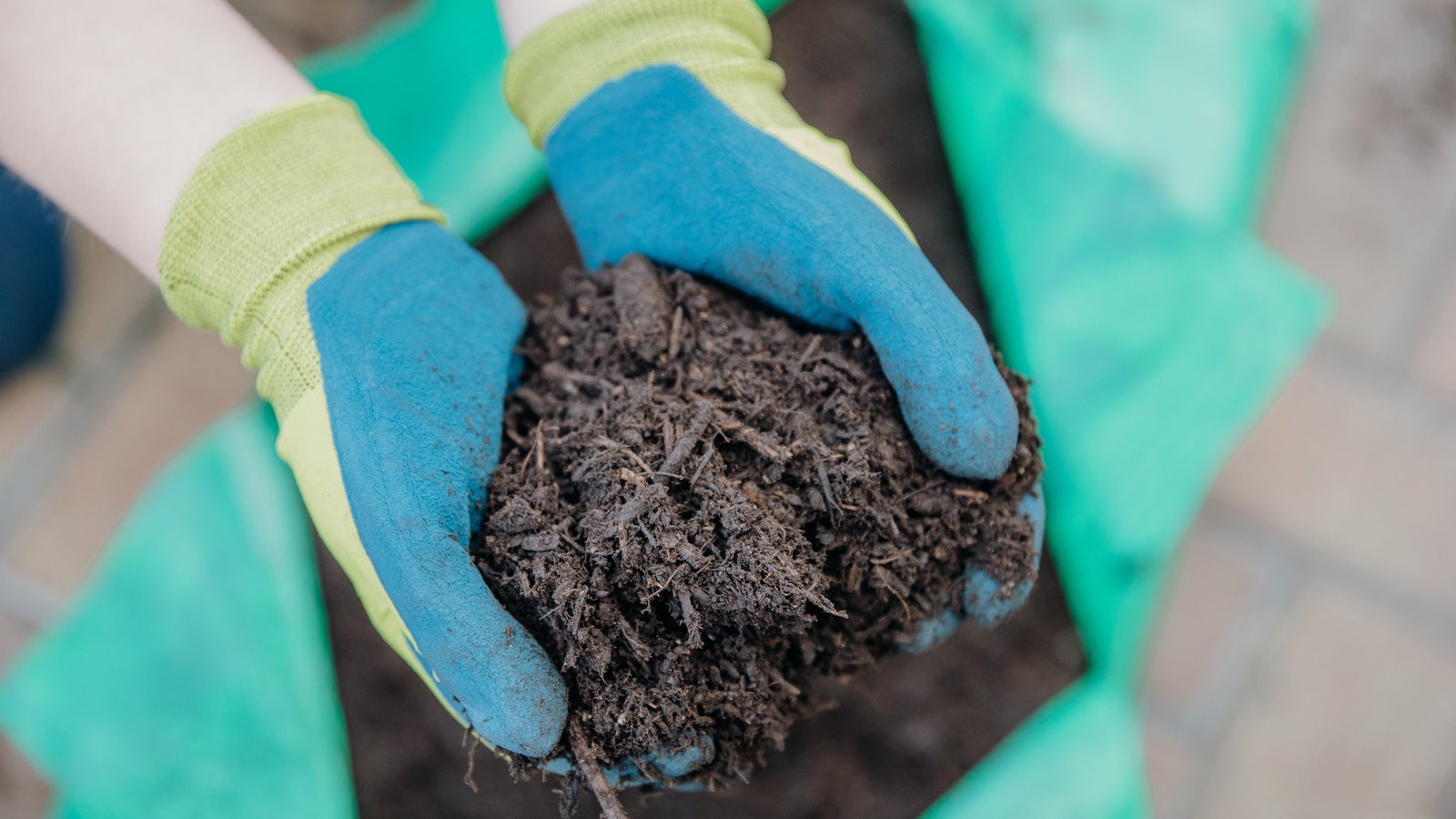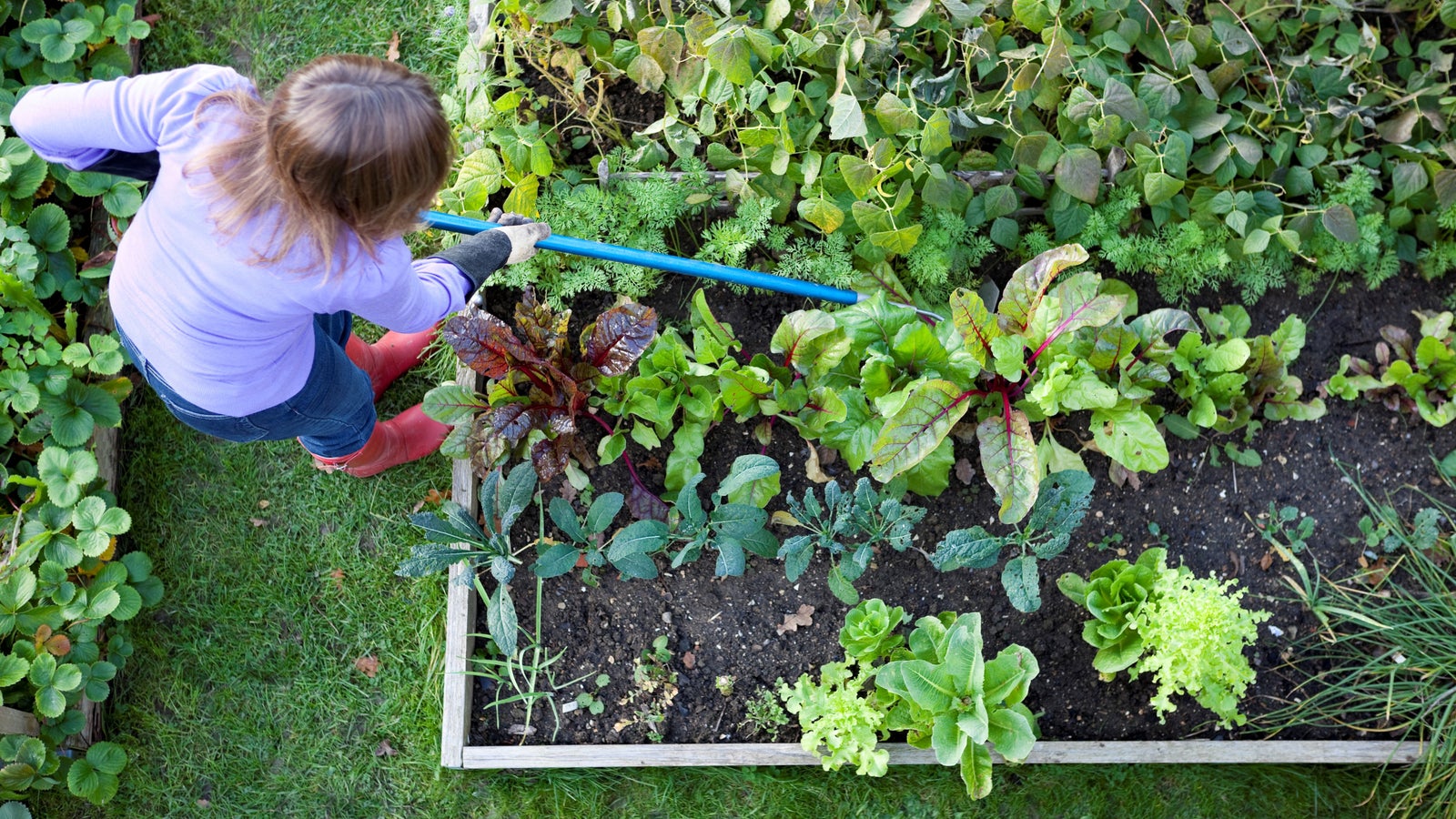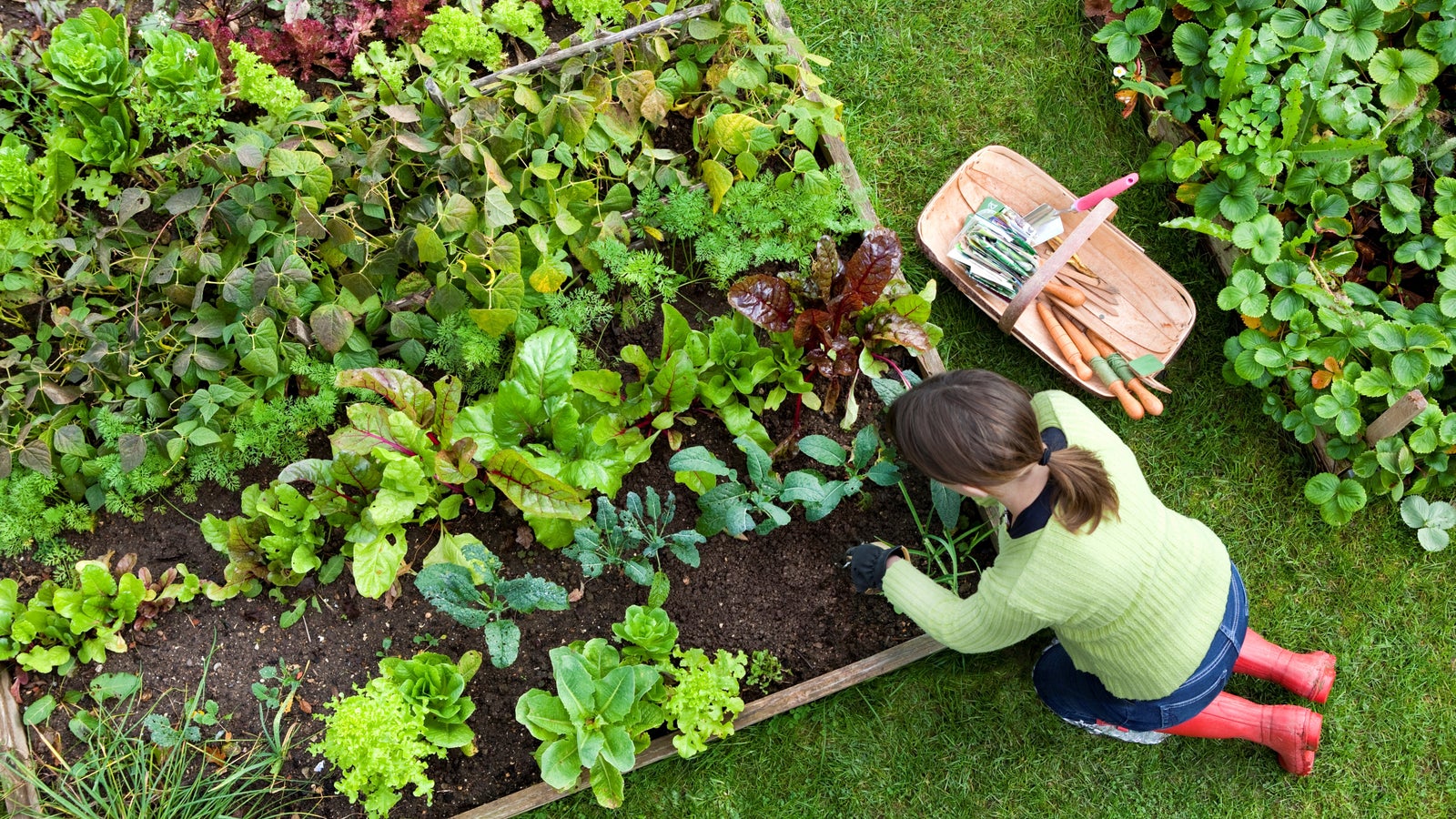
Growing Organically
04 Sep, 2022
Healthy Soil
All too often, we forget about the importance of having healthy soil. It’s a vibrant ecosystem, and in healthy garden soil, there are as many as one billion beneficial bacteria in a single teaspoon, along with thousands of protozoa and metres of fungal strands. The benefits of having a rich and varied ecosystem in your garden are endless.
Beneficial fungi often form symbiotic relationships with your plants. In exchange for sugars, fungi will help provide minerals and moisture, while some will even help protect plants from various diseases and pest attacks. This sort of ecosystem is also harder to disrupt. There are balances in place that makes it harder for soil diseases to establish.
Soil structure is also greatly improved. An array of compounds that help bind the soil are created by various living organisms. There is more for worms to eat and move around in, which opens up the soil and aerates the soil. This helps improve the drought resistance of your plants, as the soil can hold more moisture.
How do you improve your soil?
Add lots of organic matter. Adding compost and sheep pellets to your soil adds nutrients and humus, providing more food for your plants and the beneficial microbes nestled in your soil.
Worm farms
Worm farms are a great way to process your food scraps and turn them into a highly nutritious substance full of beneficial microbes, and perfect for adding a bit of life to your soil. Dilute vermicast (worm farm) liquid at a ratio of 1:10, and use to feed veggies, fruit trees and other important plants. Use the vermicast solids when preparing your garden beds. Add a small layer after weeding and preparing beds, then lightly fork in.
Protect plants with Trichoderma
Aquaticus Organic Garden Booster contains beneficial Trichoderma, a fungus that colonises around plant roots in the soil and helps protect from soil-borne diseases as well as stimulating root growth. Egmont Rootmate also contains Trichoderma and can be used to help prevent and protect plants such as griselinia, buxus, and avocado from root rot (phytophthoras) and other problems. Use Rootmate as a drench for already established plants, and Egmont Plantmate when planting new plants.
Compost on site
The compost in your compost bins is packed full of beneficial microbes. If you have space, place your compost bin in your garden so that the nutrients and benefits leach out right into your beds. If you don't have space, Kings Organic Compost is a great alternative.
Keep the soil moist
Mulch and water your garden beds regularly through the summer to ensure that your plants and the beneficial microbes in your soil thrive. If there are water restrictions, reuse water from the sink, shower, bath, or even the washing machine – making sure you use eco-friendly soap.
Safe Sprays
Pest insects
Prevention is the key to a healthy organic garden. Water your plants well throughout spring and summer, and mulch around woody perennials, trees, shrubs, and hedges. Start feeding now in spring, right through to mid-autumn. Veggies can be protected from birds and insects with bug netting. Once installed, you can have safe organic veggies for every season - just make sure to peg the netting down to the ground in case of strong winds.
Planting a sacrificial crop will encourage pest insects to eat them instead of your desired plants. It could also be a good idea to introduce beneficial insects around these crops, or dotted all around your garden, to encourage predator insects. Plant hyssop, borage, echinacea, oregano, thyme, roses, phacelia yarrow and sage to attract ladybirds, praying mantises, spiders and hoverflies.
Spraying for pest insects can be safe and organic as long as precautions are taken.
Many plants outside with aphids, white fly, and eugenia psyllids can be treated with Bugtrol or Bioneem, organic oil sprays that only affect pest insects when sprayed directly on them. For certain insects indoors you can use either DEEM or Debug, and edibles both indoors and out can be sprayed with Nature’s Way Vegie, Citrus and Ornamental Spray, and Derris Dust. Always spray in the evening, and never spray on bee-friendly plants when they are in flower.
Weeds
Weeds can be managed by prevention, organic spray methods, or by physical efforts. If you are looking at having trees or shrubs in your garden, don’t use weed mat, as this tends to dry out the soil underneath. Instead use a thin spread of compost and then a layer of mulch without letting these touch the stems and trunks of plants. This will suppress most of the weeds. Keep a handle on weeds in your veggie garden by pulling out a few weeds every few days to keep on top of them – otherwise, you will need to spend a whole day taking them out! Try using Japanese Niwashi tools or a grubber to remove weeds, making sure you get the roots as well as the leaves.
Some weeds can be removed with organic weed killers. Try Nature’s Way Weedkiller, an organic herbicide that uses fatty acids to kill the tops of weeds and weaken the root system underneath.
Small-space organic gardening
If you don’t have enough room for a compost bin or worm farm, try using a bokashi bin. This is like a mini compost bin under your sink that doesn’t smell. By using ‘Bokashi Zing Compost’ in your bin, the leftovers will decompose four times as fast, and you can use the liquid to feed your plants!



